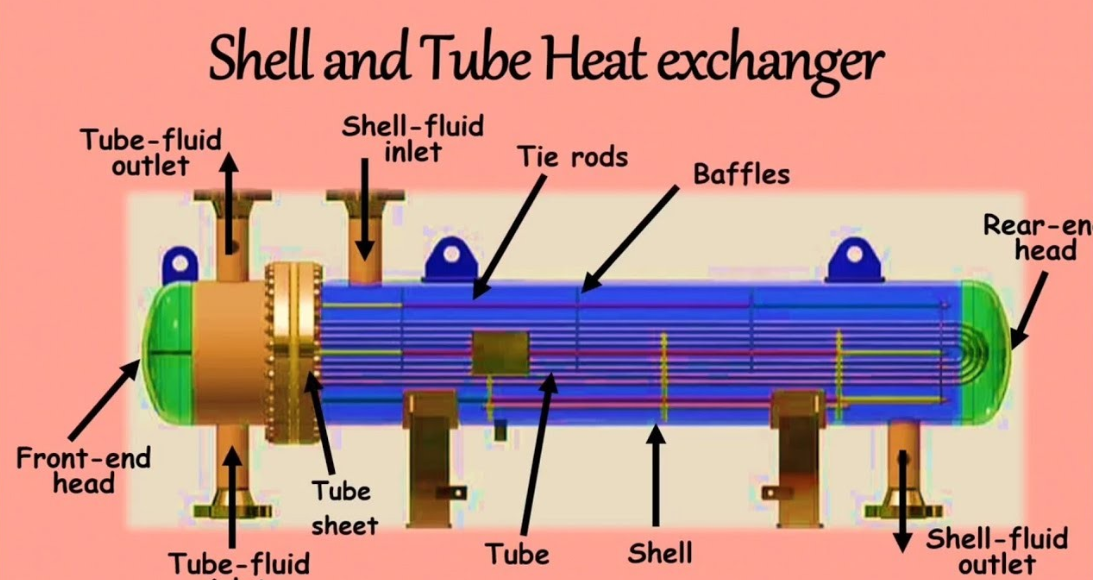Introduction
Outdoor boilers are a popular solution for effectively heating large areas or remote locations. The efficiency of these systems largely depends on their heat exchange mechanism, which is crucial for transferring heat.
What is an Outdoor Boiler Heat Exchanger?
An outdoor boiler heat exchanger is an essential part of an outdoor wood boiler system. It facilitates the transfer of energy from burning materials to water or other fluids that retain heat within the system. The primary purpose of a heat exchanger is to optimize heat transfer while minimizing any heat loss.
Types of Heat Exchangers
Wood Boiler Heat Exchanger
This type of heat exchanger is specifically designed for outdoor wood-burning boilers. It is built to withstand high temperatures and resist corrosion from wood combustion. Typically made from robust materials like steel or stainless steel, these exchangers are capable of handling intense conditions over extended periods.
Plate Heat Exchanger
Plate heat exchangers are favored for their compact design and high efficiency, making them ideal for conserving space while maximizing performance. Their thin, corrugated plates facilitate effective heat transfer between two liquids, and they are commonly used in various heating applications, including outdoor systems.
Unit Heater
In an outdoor boiler setup, unit heaters work in harmony with other components. They release hot air that circulates throughout a room, improving the overall heating effect. These heaters can connect to the boiler through heat exchangers, ensuring a steady flow of warm air.
Benefits of Using Outdoor Boiler Heat Exchangers
Enhanced Efficiency
Heat exchangers are adept at transferring heat, which maximizes energy usage and reduces losses, thereby improving the overall efficiency of outdoor boilers.
Cost Savings
By enhancing insulation and heat transfer, heat exchangers can help lower heating costs.
Environmental Benefits
Decreased fuel consumption leads to reduced greenhouse gas emissions, making outdoor boiler systems more environmentally friendly.
Conclusion
Choosing the right type of heat exchanger for outdoor boilers is vital for achieving efficient and cost-effective heating. Familiarizing yourself with the specific characteristics and advantages of each type—whether wood stove heat exchangers, plate designs, or systems with heating devices—will enable you to make informed choices. Investing in high-quality heat exchange equipment and connecting systems is essential for maintaining the longevity and performance of your outdoor boiler, ensuring reliable warmth and comfort for many years.
